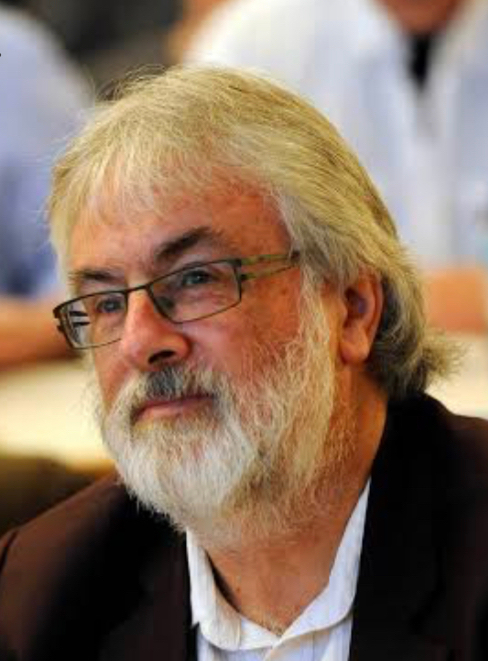The increasingly bitter and stressful dispute between resident (junior) doctors represented by their union the Resident Doctors’ Association (RDA) and the 20 district health boards (DHBs) is at a critical juncture. It is in the public interest for the Employment Relations Authority (ERA) to affect an expeditious breakthrough in this.
This would come through a legal process called ‘facilitation’ which is a non-binding but authoritative decision by the ERA on the issues in dispute. In protracted bitter disputes over collective agreements either the affected union or employer(s) can apply to the ERA for facilitation. In this controversy the RDA has applied for facilitation. The DHBs have argued against the RDA’s application but such was the loss of credibility of its position that they did a sudden U-turn and supported it.
The stakes are high in this dispute. There is a huge risk for the future of New Zealand’s health system because many resident doctors progress through the ranks to become the specialists we rely on to lead services and train the next generation of doctors. We desperately need these doctors in training to regard DHBs as employers of choice.
Already we have a workforce crisis with overworked specialists in public hospitals. We have a dangerously high 50% burnout rate and (in 2016) nearly 25% were intending to leave over the following five years. The best estimate is that specialist shortages are around 20% (around 1,000). The more these doctors in training become disenchanted or angry with the DHBs over this dispute, the more likely they will consider taking up more attractive employment options overseas. They are well trained and highly employable. The more this happens the more the current specialist workforce crisis deteriorates.
The ERA will not be facilitating a dispute over pay increases. If pay was the key issue this negotiation would have been concluded months ago. Instead it is about perceived power. The DHBs are seeking to remove a number of provisions in the existing collective agreement concerning hours of work and rosters that require reaching agreement with the union. They disingenuously and emotively call this removing the “union” or “RDA veto”.
In truth, it is joint decision-making designed to address a power imbalance where vulnerable junior doctors are dependent on the DHBs for their training and future career prospects. It provides a level playing field. In many cases exploiting this power imbalance is perceived but, as is commonly stated, perception is as important as reality. Further, there has been enough reality to justify the perception.
The RDA wants to hold on to the obligation to reach agreement on these matters. On behalf of the DHBs the chief executives want to replace this obligation with their right to ultimately determine the decision. This fact is disguised by the rhetoric of local decision-making.
There are considered concerns about the current decision-making process including from some of our members, specialists themselves. The current joint decision-making process is seen as too rigidly applied at times. There is good argument for reassessing how this might work better without creating increased managerial control.
This will be the task of the ERA when it facilitates. If it is to avoid worsening the confidence of resident doctors in those ultimately responsible for the provision of our public health service and worsen the highly precarious state of the specialist workforce in our public hospitals, then the ERA will need to weave a solution that finds a more nuanced way of addressing this power imbalance. It should not throw the baby out with the bathwater.



 Financial Markets Authority: FMA Seeks Clarity From High Court On Use Of Eligible Investor Certificates In Wholesale Investment Sector
Financial Markets Authority: FMA Seeks Clarity From High Court On Use Of Eligible Investor Certificates In Wholesale Investment Sector Scion: Scion’s Novel Internship Model Connects Talent With Industry
Scion: Scion’s Novel Internship Model Connects Talent With Industry Financial Markets Authority: Westpac Admits To Misleading Representations That Resulted In $6.35m In Overcharges
Financial Markets Authority: Westpac Admits To Misleading Representations That Resulted In $6.35m In Overcharges Bill Bennett: Download Weekly - Review Of 2024
Bill Bennett: Download Weekly - Review Of 2024 Bill Bennett: One NZ scores worldwide first as Starlink direct-to-mobile launches
Bill Bennett: One NZ scores worldwide first as Starlink direct-to-mobile launches Hugh Grant: How To Reduce Network Bottlenecks
Hugh Grant: How To Reduce Network Bottlenecks



